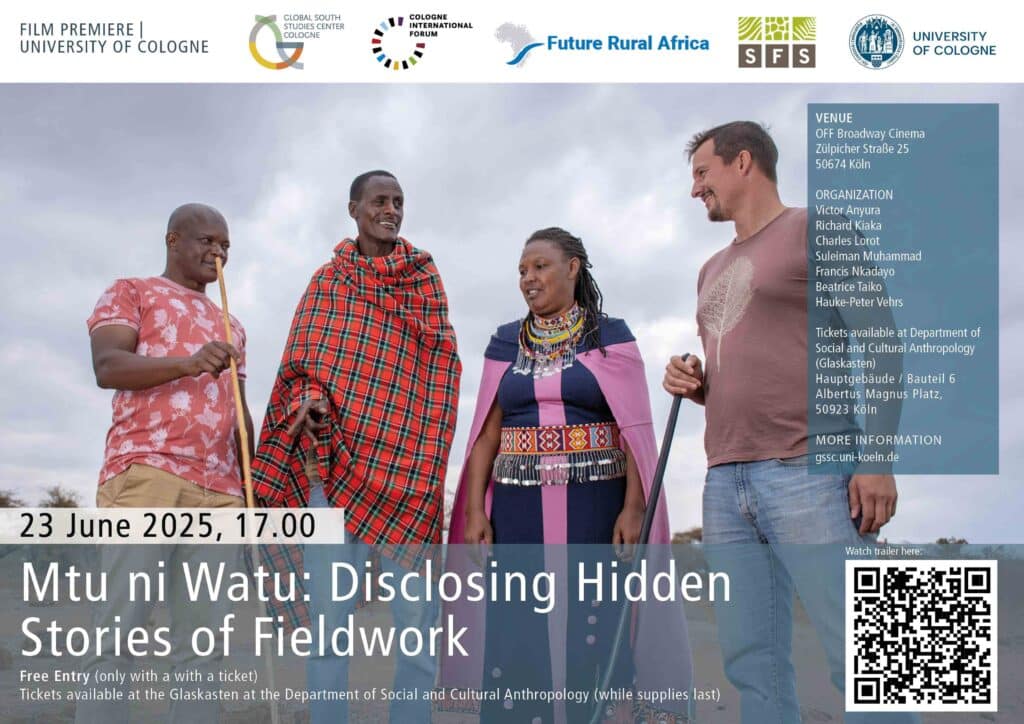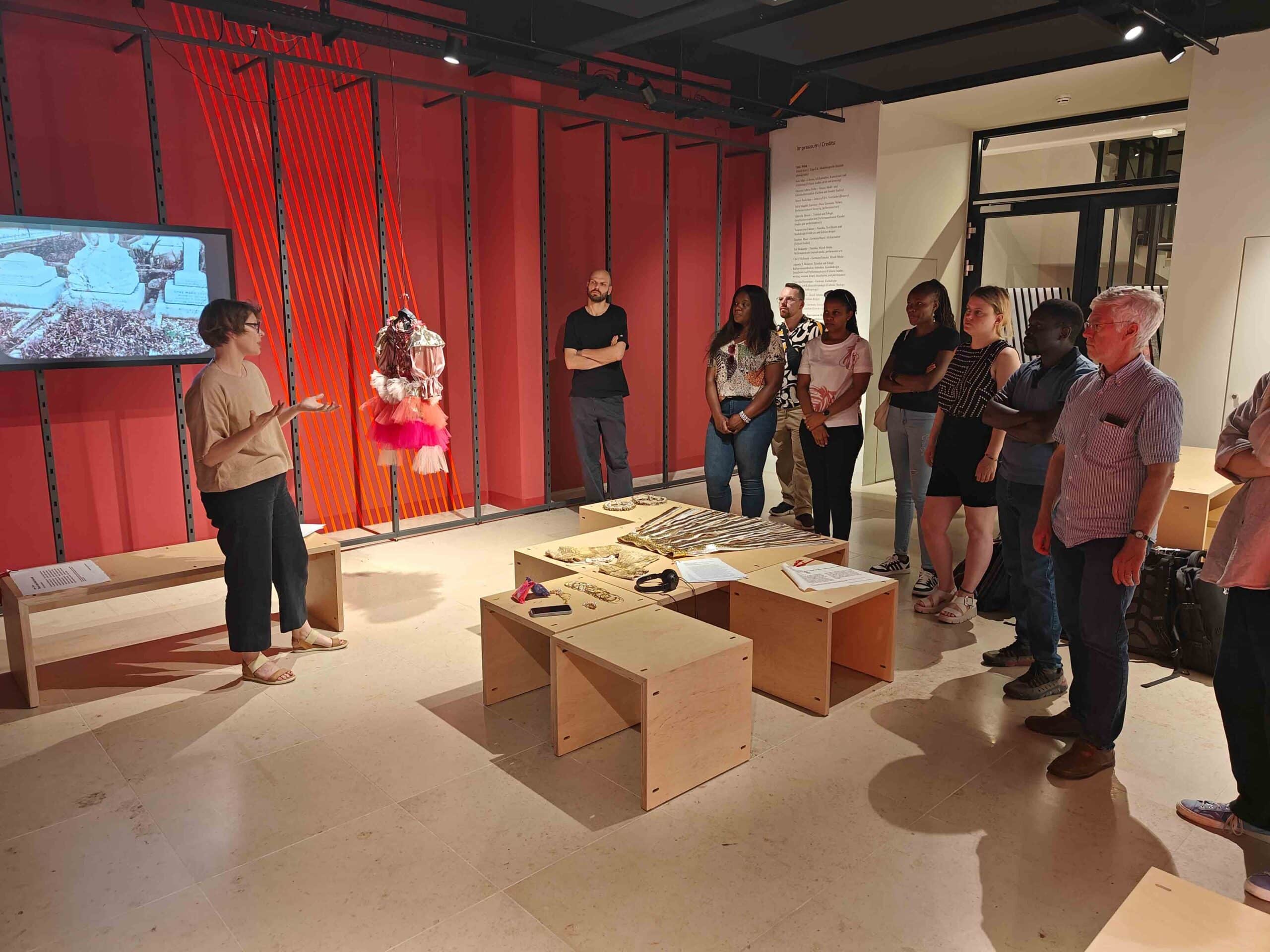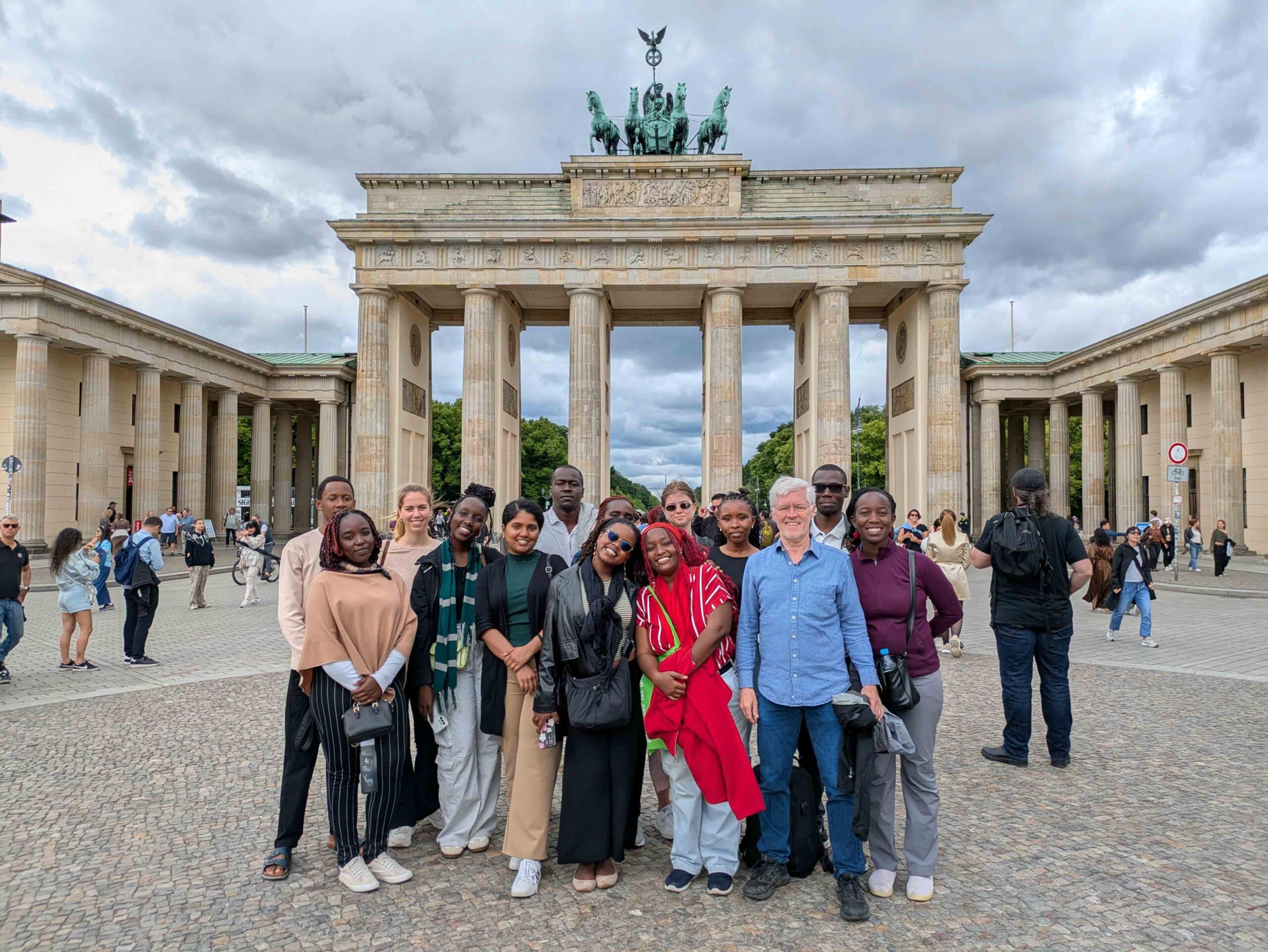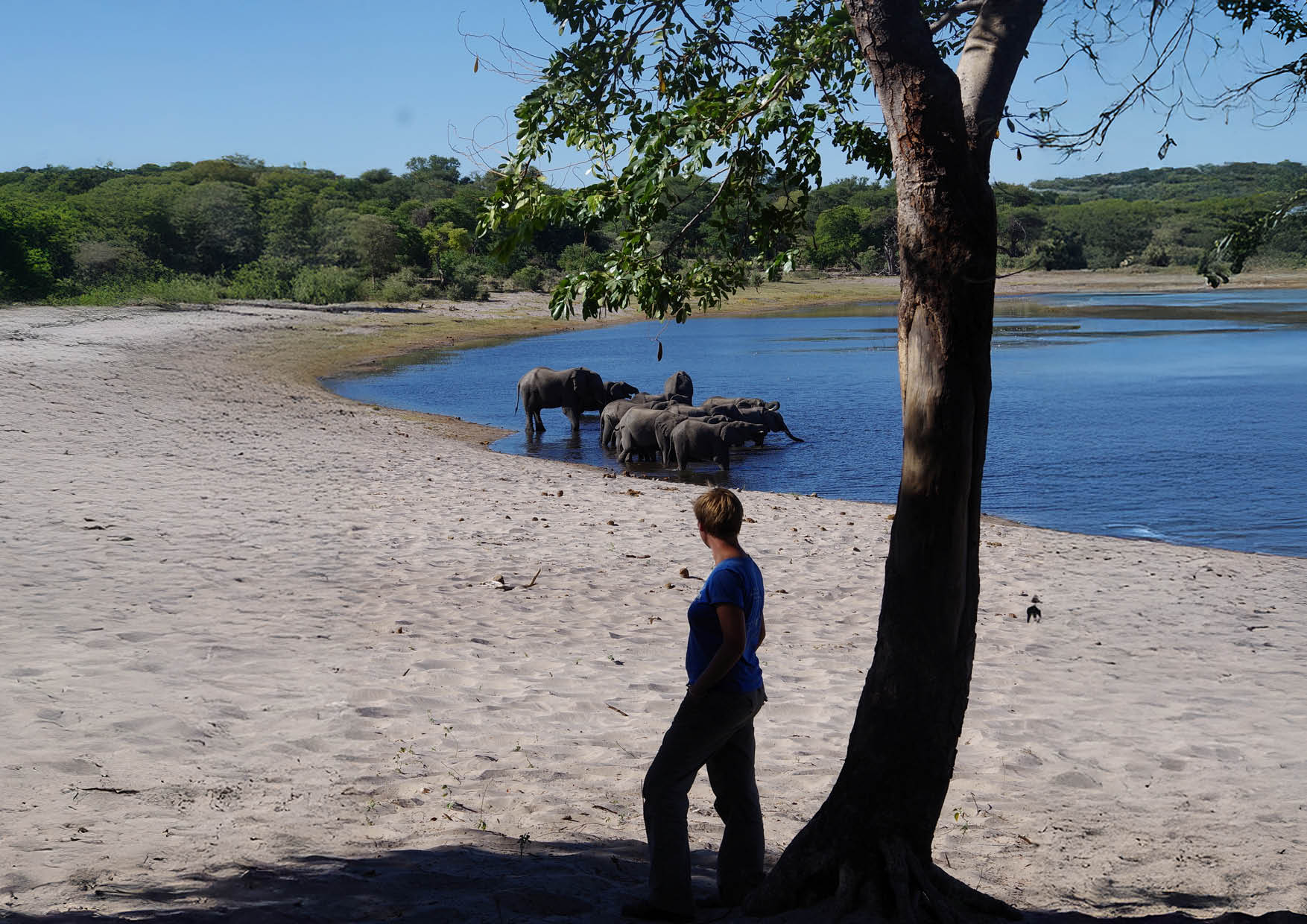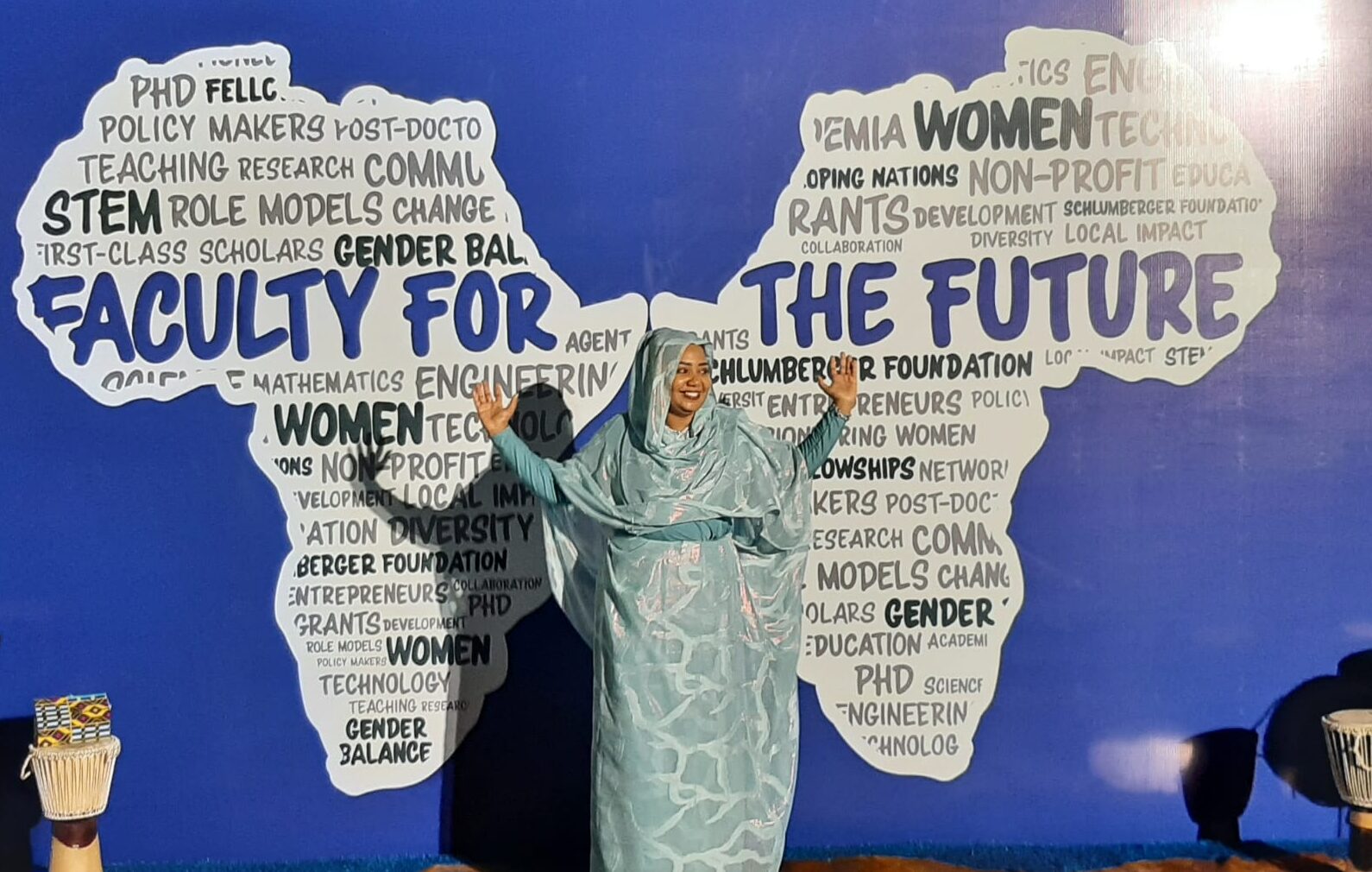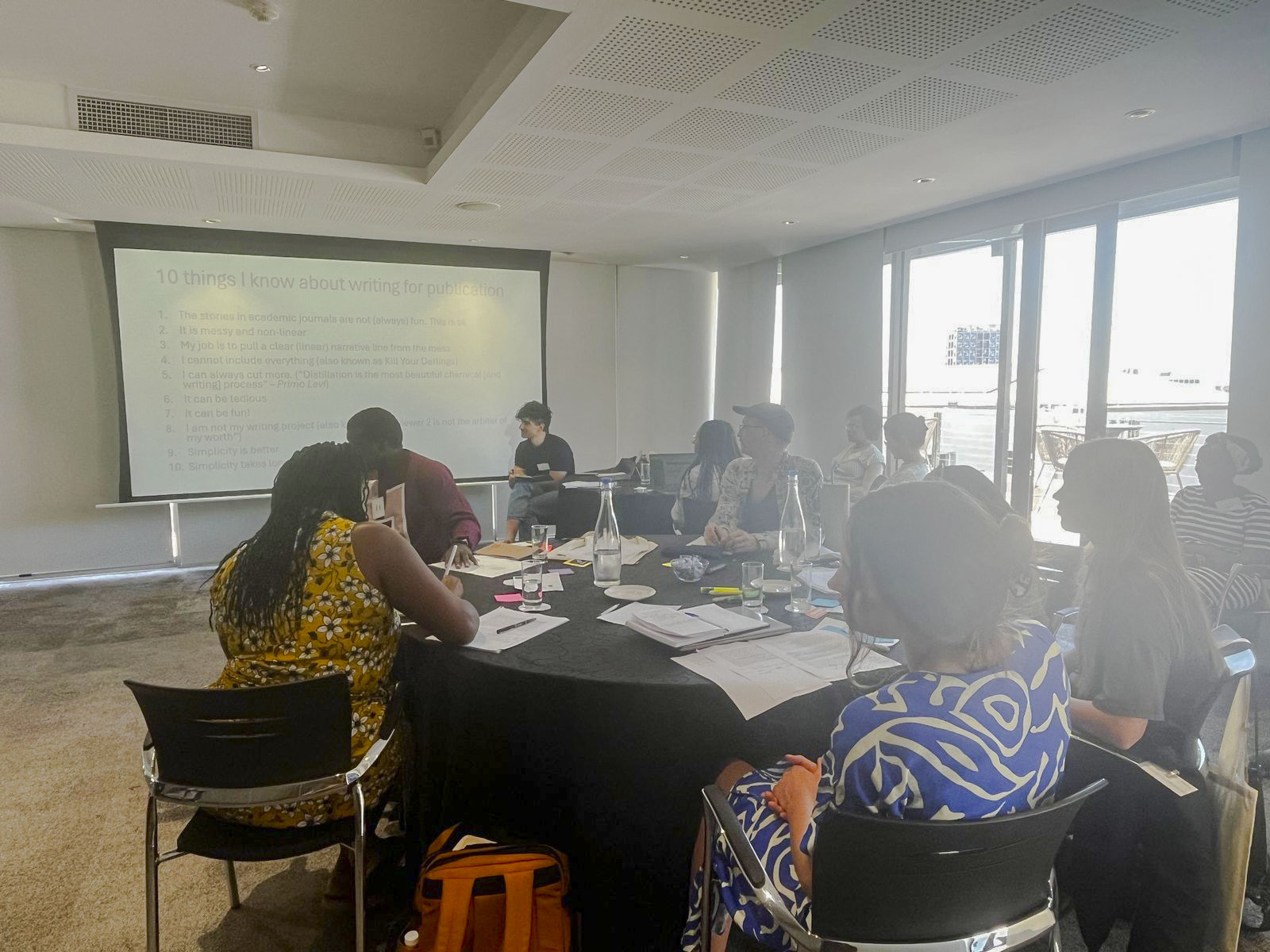Mon | June 23rd, 2025 | 17:00 (CEST) I Off-Broadway Cinema, Zülpicher Str. 24, 50674 Köln
The Film Mtu ni Watu is part of the Tandem Project ‘Mtu ni Watu – Disclosing Hidden Stories of Fieldwork’, by Hauke-Peter Vehrs and Richard Kiaka (Project A04 Future Conservation). It is funded by the Cologne International Forum. The title ‘Mtu ni Watu’ refers to the Kenyan proverb ‘a person is people’, indicating that we never achieve a goal alone, but that our work is always situated in a broader social context. This is especially the case in anthropological fieldwork in which researchers try to explore a topic in an often unknown cultural context for a long period of time. The film is set to premiere on 23 June 2025 at in the Off-Broadway Cinema in Cologne. Tickets are available at the Glaskasten at the University of Colognes’s Department of Social and Cultural Anthropology (Hauptgebäude / Bauteil 6, Albertus-Magnus-Platz, 50923 Köln) while supplies last.
Mtu ni Watu explores the often unacknowledged role of research assistants in anthropological fieldwork. Located at the intersection of local knowledge and academic enquiry, these collaborators play a vital role in shaping the research process. However, their perspectives are rarely included in the final representations of the research. This documentary provides a platform to share their experiences and contributions, offering a more nuanced account of ethnographic practice and facilitating dialogue about the nature of collaboration and partnership.
Apart from the film, the tandem project Mtu ni Watu also features the Wawili Toolbox (named after the proverb: ‘Wawili hula ng’ombe’ – two people can manage to eat a cow – which symbolises the exigency for assistance in academic fieldwork), which is an instrument designed to capture the results of the project on a scientific level. It features short stories and reflections of all participants – assistants, researchers and members of the local communities – allowing current and future generations of researchers to reflect on the character of and the decolonial critique towards collaboration/cooperations/partnerships between the Global South and the Global North, providing guidance on how to initiate partnerships and reflecting ethical challenges of our work. The blog entries shall cover all sorts of relations and interactions, from the beginning to the end of the project, and beyond.

